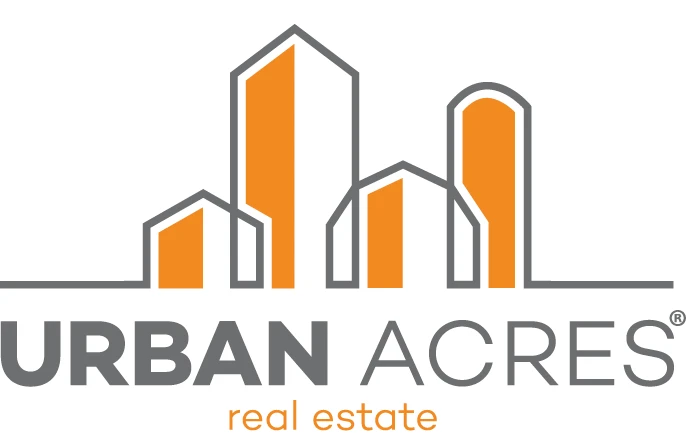Thinking about buying an investment property? Maybe you’ve been listening to a podcast on real estate investing, or you have a friend who’s earning extra income from investing in rental properties. You might even want to try your hand at renovating and flipping older, distressed homes (Spoiler alert: It’s rarely as easy as it looks on TV).
Either way, buying an investment property can provide an additional stream of income. It can also be a great way to diversify your retirement portfolio and help you generate long-term wealth. As with any investment, keep in mind that it comes with risks as well as rewards.
In this article, we’ll cover some of the important things you should consider before buying your first investment property. We’ll also give you a list of questions you should ask before making an offer on a property.
But first things first, let’s define ‘investment property.’
What is an Investment Property?
An investment property is a property that allows you to generate additional income by renting or reselling a property that isn’t your primary residence. This property can be a single-family or multi-family home, a townhouse, a condominium, or even a commercial property.
In a Bankrate survey, Americans ranked real estate as their top choice for investment money they wouldn’t need for at least 10 years. This has been the trend for the past four years, despite rising interest rates.
Reasons to Consider Buying an Investment Property
For many, the appeal of owning an investment property is the extra income. Inflation, layoffs, and overall fears of recession have been driving many Americans to tuck away more money in their savings accounts. Now that a more significant chunk of our paychecks are going to groceries, mortgage payments, and other daily expenses, it’s not as easy to save without another income stream.
Here are a few of the most common reasons people purchase an investment property:

To Earn Extra Income and Build Wealth
When your property is rented out, it’s a great way to boost your monthly cash flow. You can also use the additional income to pay down your mortgage loan and build equity.
If you’ve been exploring real estate investing, you may have also heard the term ‘passive investing.’ Unlike actively owning and maintaining an investment property, passive investing allows investors to earn a return on a property without the hassle of repairs or maintenance, leasing agreements, or filling occupancies.
For example, in one common type of real estate investment, a real estate investment trust (REIT), one party owns, finances, and manages properties and distributes income from those properties as dividends to investors. On the flip side, you often have less control over the property and may not have the same tax benefits as with active real estate investing.
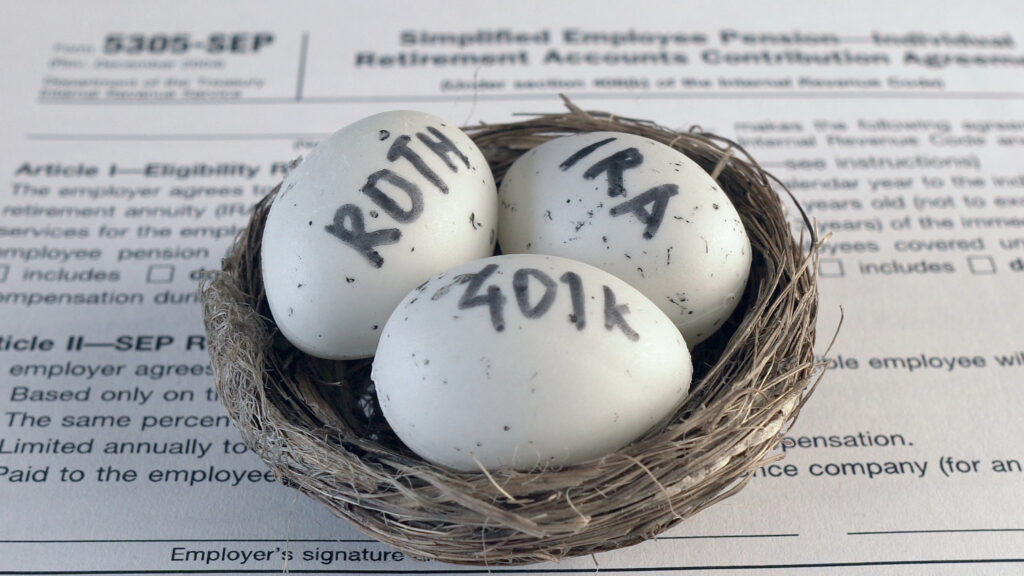
To Diversify Retirement Options
As you inch closer to retirement, you may be thinking about how to nurture and protect your nest egg. Over the past few years, many have watched the stock market fluctuate as their retirement savings accounts dwindle.
Buying an investment property is an alternative strategy that can help you save for retirement with greater stability than investing in the stock market. There are also tax incentives and deferments that can help you reduce or defer your tax burden.
At retirement, you can also decide whether you’ll keep the income from your investment property, or sell the property for a larger profit.
To Pass Along an Inheritance
Beginning January 1, 2025, Iowa will completely abolish its inheritance tax. Leading up to this change, the tax will decrease by 20 percent every year—deaths in 2023 will be taxed 60 percent less than the original Iowa inheritance tax rates.
This is great news for those who own an investment property they plan to someday pass along to their children. However, we always recommend consulting with your tax professional for the latest tax law changes and what these changes might mean for your own financial situation.
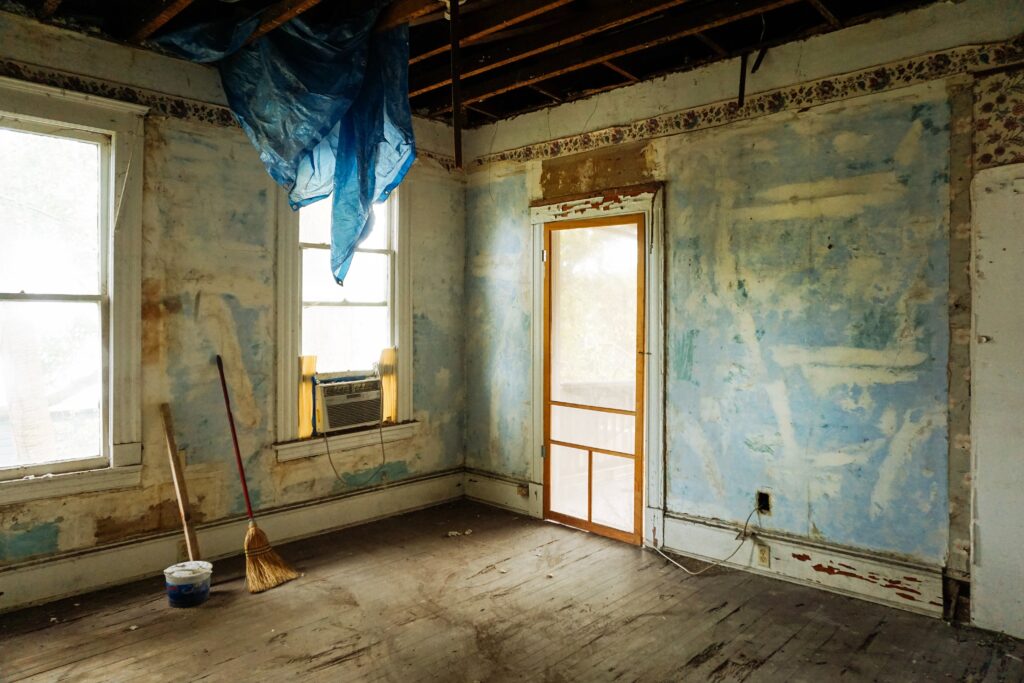
To ‘Flip’ and Resell a Property
In recent years, many handy DIYers have been flocking to older homes in need of updates and repairs. They purchase these homes, often for less than market value, and renovate them to sell and turn a profit in a short period of time.
With enough cash, time, skills, and patience, ‘flipping’ can be a solid strategy for your investment property. However, there are many pitfalls you must avoid for your project to be profitable—making more updates to the home than necessary, trying to make updates without the right team of experts, and overlooking significant problems with the home, to name a few.

To Give Family a Place to Stay
Maybe you have a child going away to college and want to avoid costly rent, or maybe you have aging parents you want to keep nearby in a more ideal living situation. In these instances, an investment property can make a ton of sense—you can provide housing for your family while building your investment portfolio.
Why Buy an Investment Property in the Iowa City Area
Iowa City rentals are a hot commodity. In the spring, ‘for rent’ signs pop up with the tulips and daffodils. As with many college towns, rentals make up a significant portion of housing options in Iowa City, including non-student rentals.
However, the University of Iowa isn’t the only draw for renters. The renowned University of Iowa Hospitals & Clinics and Iowa Writers’ Workshop attract medical professionals and creatives from across the world. If you’re a sports fan, staying close to the action of a Big 10 powerhouse is widely appealing. And let’s not forget Iowa City’s one-of-a-kind arts and culture—festivals are going on year-round in a city that’s one of only two UNESCO Cities of Literature in the U.S.
Whether you’re looking to rent your property to a long-term renter, or list it on a vacation rental site like Airbnb or VRBO for short-term stays, the Iowa City area is a prime location for your investment property. More on location in a minute!
What to Consider Before Buying an Investment Property
Differences in Financing
On average, the mortgage rate you secure on an investment property will be 0.50 to 0.75 percent higher than a mortgage rate for a primary residence. Lenders consider borrowing on investment properties to be riskier than owner-occupied homes because the likelihood of default is greater, especially if the borrower will rely on rental income to pay their mortgage.
You’ll also need a higher down payment. Most lenders require at least 15 percent down for an investment property.
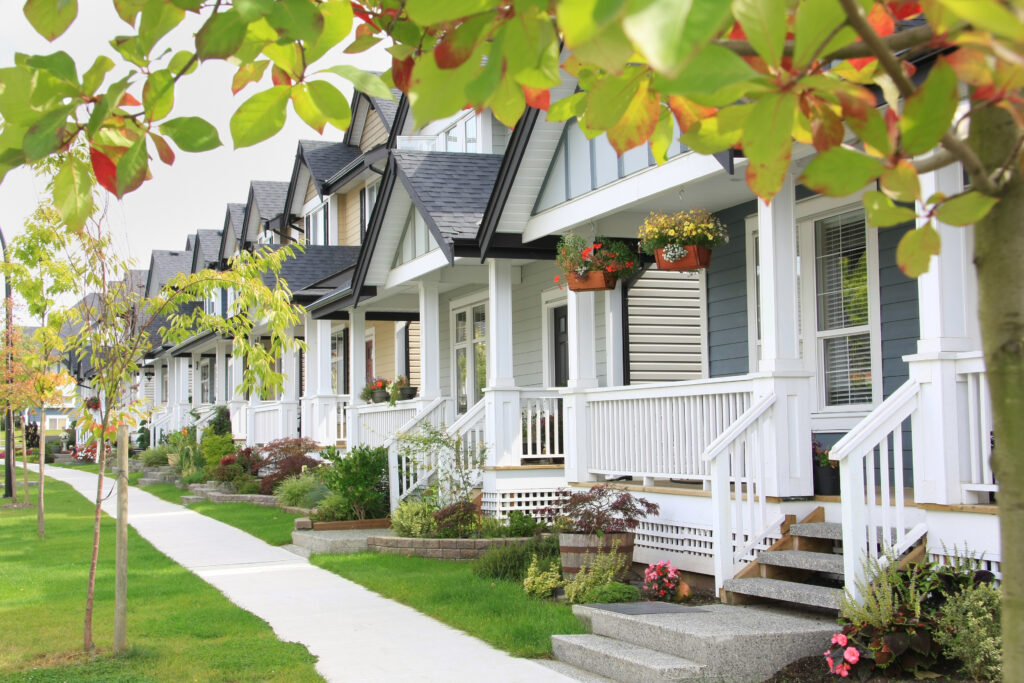
Location and Comps
Location is an important consideration for homebuyers. It’s even more important when you’re purchasing an investment property. Future renters often gravitate toward areas with plenty of amenities, including shopping, parks, schools, restaurants, and public transit. The great news? You’ll find many of those things and more in the Iowa City area!
Be sure you also do your research on comparable properties in the area. If you expect to charge $1,800 a month for rent and similar properties are only going for $1,200 a month, your property is more likely to sit vacant.
Vacancy Cost
If your property doesn’t have a renter for an extended period of time, how will you handle this expense? To calculate the vacancy rate of a single-family property or one-unit rental, calculate the total amount of time the property sits vacant, and divide this number by the total amount of time the property could have been occupied.
Vacancy Rate = number of days property sat vacant / Number of days available to rent
You should also consider the cost of tenant turnovers. On average, the cost of turnover is equal to three months of rent, not including the rent lost during vacancy.
Maintenance Costs
You can hire a property manager to handle rental turnovers, repairs and maintenance, and other landlord duties. However, there are some limitations and downsides you should also consider. Some property management companies will only work with property owners who own multiple properties. For many property owners, the cost of having a property manager is too steep.
City Rental Codes
Most cities have established city rental codes property owners must follow. In addition to having a rental permit, landlords should abide by all property management policies and required inspections to avoid having their rental permits suspended.

Additional Costs
When your property needs a repair person to fix a leaky faucet, new appliances, or a new roof, you’ll be responsible for footing the bill. Make sure you have the liquid assets to cover these expected and unexpected expenses. Additionally, don’t forget about insurance, taxes, escrow, and other related expenses.
Questions to Ask Before Purchasing an Investment Property
You’re probably noticing a trend: Investment properties come with a number of expenses. It’s always a good idea to prepare for the worst-case scenario so you have a backup plan that won’t leave you strapped for cash.
Ask yourself these key questions:
- Do you have access to liquid assets? Owning an investment property is a long game. If you need quick and easy cash, real estate might not be the right investment for you right now. You’ll also need established savings to pull from to cover a down payment and all the potential expenses listed above.
- What does your savings account look like? Pipes burst, property taxes rise, and sometimes tenants leave you in less-than-ideal situations. If you don’t have the savings to cover the expenses of several months of missed rent or vacancy, and/or a large repair maintenance expense, you might also be putting yourself in a compromising financial position.
- Do you have the time and resources to dedicate to property management? Property management isn’t a set-it-and-forget-it task. It can be a time-consuming job that requires a unique blend of people skills, financial savvy, patience, and an understanding of the local market, as well as some legal acumen.
- Do you have the right guidance? Like buying a home for your primary residence, when purchasing an investment property, you need a trusted REALTOR® on your side to help you navigate the buying process. Many REALTORS® own investment properties themselves and can guide you through your decision-making process.
Are you ready to start scoping out investment properties? Do you still have questions about rental properties? We’re here to help! Reach out and let us know how we can support you along your real estate investing journey.

